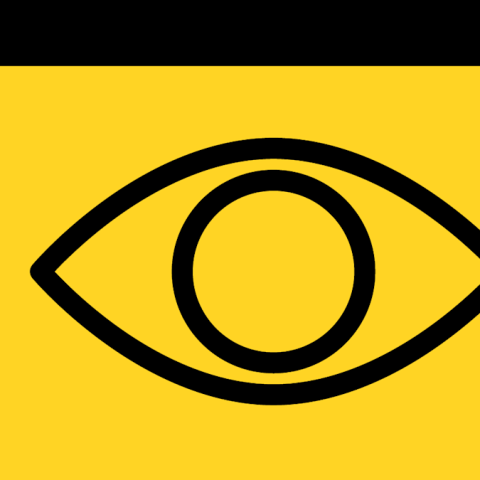Researchers at Dartmouth College believe artificial intelligence can offer reliable psychotherapy, setting their work apart from the many questionable mental health apps available today. Their tool, Therabot, aims to tackle the critical shortage of mental health professionals.
Nick Jacobson, an assistant professor of data science and psychiatry at Dartmouth, highlights a staggering truth: even if the number of therapists increased tenfold, there would still be too few to meet the demand. “We need something different to address this significant gap,” he said.
The Dartmouth team recently showcased Therabot’s effectiveness, proving it can assist those facing anxiety, depression, and eating disorders. They are planning a trial to compare its results to traditional therapy methods, which many in the medical community see as a welcome innovation.
Vaile Wright from the American Psychological Association (APA) envisions a future where AI-driven chatbots, developed with scientific rigor, can significantly improve mental health. While she acknowledges the promise of these technologies, she raises concerns about their impact on younger users.
Jacobson’s team has spent nearly six years developing Therabot, prioritizing safety and effectiveness. Michael Heinz, a psychiatrist involved in the project, cautions against rushing for profit, insisting that prioritizing safety is crucial.
They also aim to build trust in their digital therapist. Discussions are underway to create a nonprofit linked to Therabot, ensuring that people who can’t afford traditional therapy can still access support. With this thoughtful approach, Therabot may stand out in a sea of untested apps that make bold claims about addressing loneliness and sadness.
Wright points out that many existing apps seem more focused on capturing attention than genuinely improving mental health. Such apps might keep users engaged by echoing what they want to hear, often without the discernment of younger users who may not recognize the manipulation.
Darlene King, chair of the American Psychiatric Association’s committee on mental health technology, acknowledges the potential of AI but emphasizes the need for more data to understand the benefits and risks better. “There are still many questions,” she noted.
To enhance Therabot’s effectiveness, the team went beyond simply analyzing therapy transcripts. They manually created simulated dialogues between patients and caregivers to train the AI. While the Food and Drug Administration (FDA) is responsible for regulating online mental health treatments, it doesn’t certify AI apps outright. Instead, it reviews pre-market submissions to ensure safety before authorizing their marketing.
Despite the challenges, the FDA recognizes the promise of digital mental health therapies in improving access to care.
Some startups are also emerging in the AI therapy space. Herbert Bay, CEO of Earkick, promotes his AI therapist, Panda, as “super safe,” emphasizing its ability to recognize emotional crises and alert appropriate help. He references a heartbreaking case involving a chatbot relationship gone wrong, expressing confidence that his AI has safeguards in place to prevent such tragedies.
Bay believes AI can primarily offer everyday mental health support rather than handle critical situations. “You can’t call your therapist at 2 AM, but a therapy chatbot is always there for you,” he said.
User experiences vary. One individual, Darren, found help through ChatGPT, even though it wasn’t specifically designed for mental health. “I feel like it’s working for me,” he shared. “I would recommend it to anyone struggling with anxiety.”
As AI technology continues to evolve, it could play a vital role in addressing mental health challenges. With ongoing research and careful implementation, tools like Therabot may provide new avenues of support for millions in need.
Source link
artificial intelligence, mental health apps, Therabot, digital therapist, anxiety and depression





















